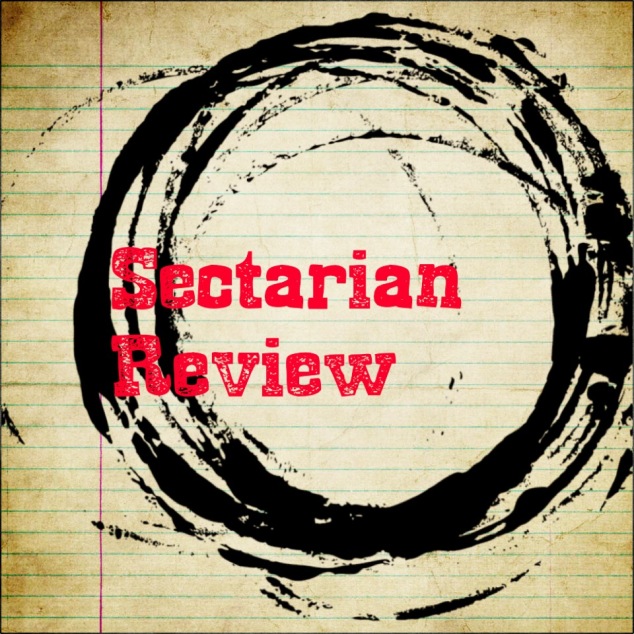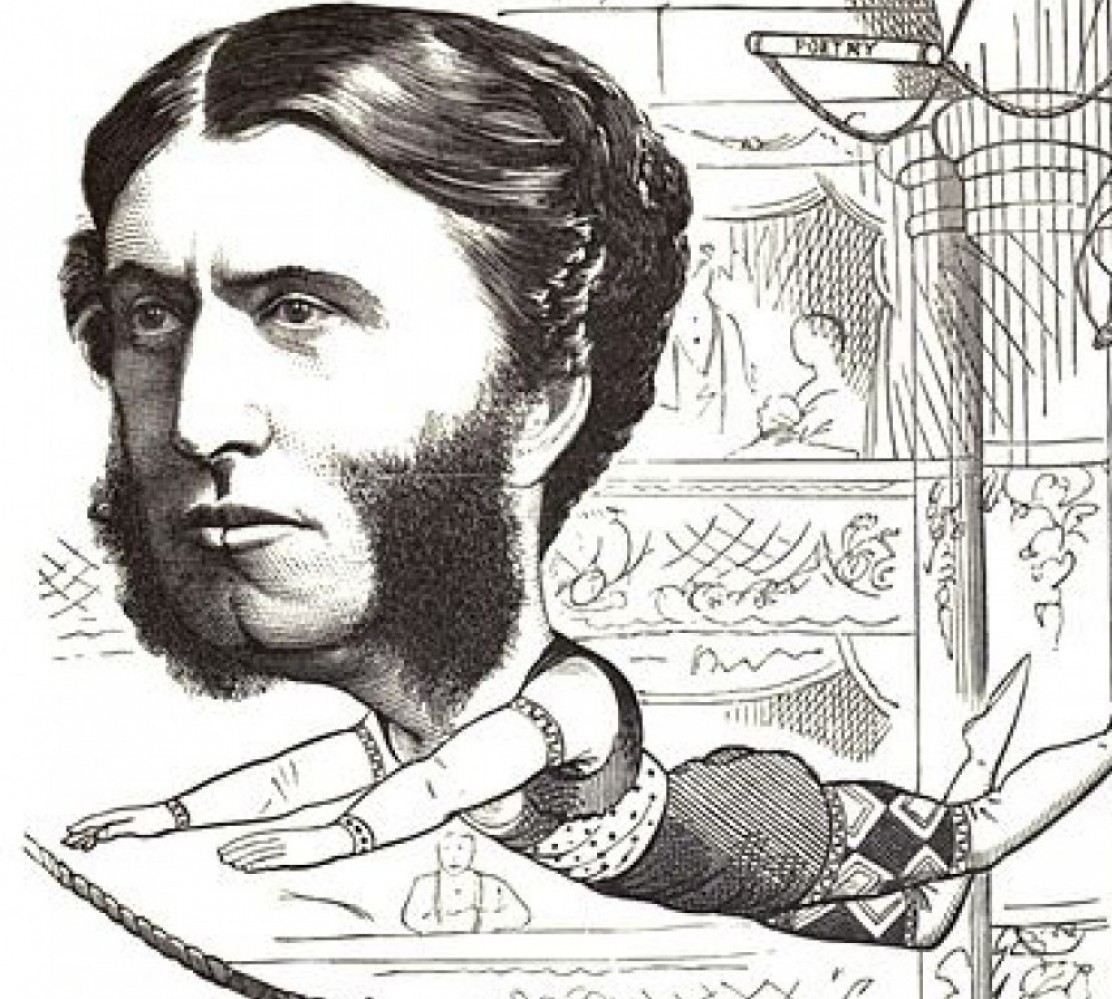
Digression
Three months into this blog, I’ve reached a strange crossroads. Looking back over the topics I cover, I see posts about teaching, religion, conspiracy theories, werewolves, and child rearing, among others. It’s a dizzying array of topics that I’m sure confuses my readers and makes it difficult to “build an audience” for my blog. In all honesty, this has bothered me too much, I think. The great blogger Bryan Daniels has inspired me to not care about numbers so much in this post on his blog, Chief of the Least.
Liberation! Wasn’t that easy?
Anyhow, as it turns out, the posts I like best are the ones that blur the distinctions between my topics. My recent post, “The Werewolf Priesthood,” is a good example of what I’m talking about. It’s about werewolves, yes. But it is also about faith. And teaching. And parenting. Is my confusion clear? Where are the lines at which one topic begins and the others end?
So this is how I will approach this blog for the time being. Numbers be darned.
Psst. But seriously, one or two shares or likes on Facebook or Google+ makes a huge difference to my fragile, pathetic self-esteem! 🙂
Oh, Original Sin. You fascinate me.
End Digression
This post will hopefully be focused on and applicable to a specific audience, to be consumed and distributed as they see fit. I do hope, however, that the broader intersections are apparent as well, because they are important to me.

English: the first of the Epistles to the Colossians (Photo credit: Wikipedia)
Sometimes, listening to the sermon in church pays off. I recently heard a sermon about the Epistle to the Colossians that opened my eyes to something I’d never known. Verses 15-20 of chapter 1 are apparently lyrics to a popular hymn in the proto-Christian era.
He is the image of the invisible God, the firstborn of all creation. For by him all things were created, in heaven and on earth, visible and invisible, whether thrones or dominions or rulers or authorities—all things were created through him and for him. And he is before all things, and in him all things hold together. And he is the head of the body, the church. He is the beginning, the firstborn from the dead, that in everything he might be preeminent. For in him all the fullness of God was pleased to dwell, and through him to reconcile to himself all things, whether on earth or in heaven, making peace by the blood of his cross.
(Colossians 1:15-20 ESV)
This was a revelation to me.
The Apostle Paul’s subsequent advice column was not simply information given to instruct the intellects of his readers. Instead, it organically erupted out of an engagement with art! Paul seems to know that his readers engage with the world through means that transcend mere rational logic. In fact, I argue that the logic of religion must engage the imagination as much as the brain. It could very well be that because I happen to teach English, I find this element of Colossians more exciting than anyone else does, but, nonetheless, it struck a chord with my inner poet.
The lyrics in this little ditty are certainly pedagogical in nature and they offer an essential vision of orthodox Christian theology. Yet they are innately poetic as well. Phrases like “image of the invisible God,” and “the fullness of God was pleased to dwell” are not literal, but imaginative, and they offer the human reader an entryway into the supernatural, the Divine. Theologically, they establish a theme in the first line about Jesus springing forth into history, directly from the central God. The theme is repeated (becoming a motif!) by the use of imagery that subsequently centralizes Jesus, making him the center around which the Christian life revolves. Whether one is a believer or not (I imagine many of my readers are not), there is an aesthetically pleasing poetic structure in these words that is admirable.
Paul, being the … ahem … great prose stylist that he is … cough cough … builds his instruction, or argument, upon this poetic beauty. Thank goodness!
And you, who once were alienated and hostile in mind, doing evil deeds, he has now reconciled in his body of flesh by his death, in order to present you holy and blameless and above reproach before him, if indeed you continue in the faith, stable and steadfast, not shifting from the hope of the gospel that you heard, which has been proclaimed in all creation under heaven, and of which I, Paul, became a minister.
(Colossians 1:21-23 ESV)
This snappy bit of prose (wink wink) makes even less sense if the reader does not understand Jesus as central to salvation. Given the supernatural and mystical nature of this belief, it is a concept much better conceived in the poetic than it is driven home in didactic form.
I have, as I’ve alluded to in the past, severe difficulty with contemporary Christian music (and culture in general). We’ve found a way to isolate the emotional and pedagogical elements of faith, assigning the former to music and the latter to sermons. This makes for bad poetry (“Heaven meets Earth like a sloppy, wet kiss” – ick) and, in my opinion, a degraded culture. This discovery about Colossians, which was new to me, was therefore exciting. Here is a model that insists we do better.
This discovery not only has theological ramifications, it also opens up yet another intersection, that between faith and literature. I’ve posted about this particular crossroad before; if you missed it here’s the link.
As an English professor, this discovery is not only exciting, it is a relief. Maybe I’m not Jekyll and Hyde after all.






























